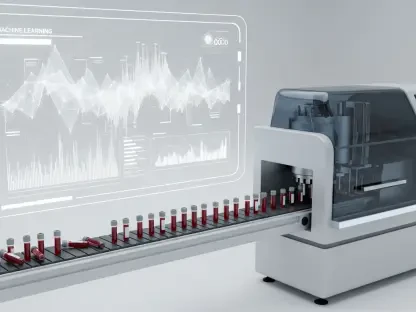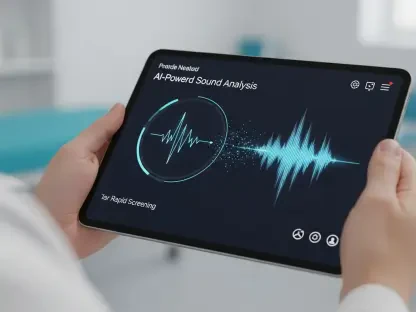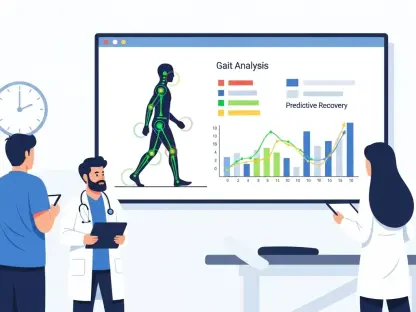Imagine a child unable to attend school or play with friends due to the throbbing pain of a migraine, a condition often dismissed as just a headache but capable of derailing young lives with symptoms like nausea and sensitivity to light. This debilitating neurological disorder affects roughly one in ten children and adolescents across the United States, creating a pressing need for effective preventative treatments. For years, the lack of targeted therapies for pediatric patients has left families struggling to manage the frequency and severity of these attacks. However, a significant step forward has emerged with the recent approval by the US Food and Drug Administration of a drug designed specifically to address episodic migraine in younger individuals. This development offers hope to countless families by providing a new tool to lessen the burden of a condition that can profoundly disrupt daily routines and overall quality of life for children aged six to 17.
A Breakthrough in Pediatric Care
This landmark approval concerns Ajovy (fremanezumab-vfrm), a drug developed by Teva Pharmaceuticals, now authorized for the prevention of episodic migraine in pediatric patients aged six to 17 who weigh at least 45 kilograms. Previously approved for adults, Ajovy extends its reach to a younger demographic, filling a critical gap in treatment options. As a monoclonal antibody, it targets the Calcitonin Gene-Related Peptide (CGRP) protein, which is instrumental in transmitting pain signals in the brain. By blocking this pathway, the drug effectively reduces the occurrence of migraine attacks. Administered monthly, either by a healthcare provider or at home by a patient or caregiver, Ajovy’s dosing schedule is crafted to promote adherence and minimize the logistical challenges faced by families managing a chronic condition. This user-friendly approach is especially vital for younger patients, who often struggle with the complexities of ongoing treatment regimens in the context of their developing lives.
Evidence and Impact on Young Lives
The foundation for this approval rests on compelling evidence from the phase 3 SPACE study, which included over 230 pediatric patients diagnosed with episodic migraine. Data revealed that Ajovy significantly decreased the number of monthly migraine and headache days compared to a placebo over a three-month evaluation period. Notably, nearly half of the children treated with Ajovy—47.2%—experienced at least a 50% reduction in migraine frequency, a stark contrast to the 27% in the placebo group. This efficacy remained consistent across various age brackets and genders, underscoring the drug’s wide applicability. Stakeholders, including Teva’s executive vice president Chris Fox and pediatric neurologist Jennifer McVige from the DENT Neurologic Institute, have hailed this as a pivotal advancement. Their sentiments reflect a shared recognition that such targeted therapies not only alleviate physical symptoms but also address the emotional and social toll of migraine, paving the way for improved daily functioning among affected youth.









